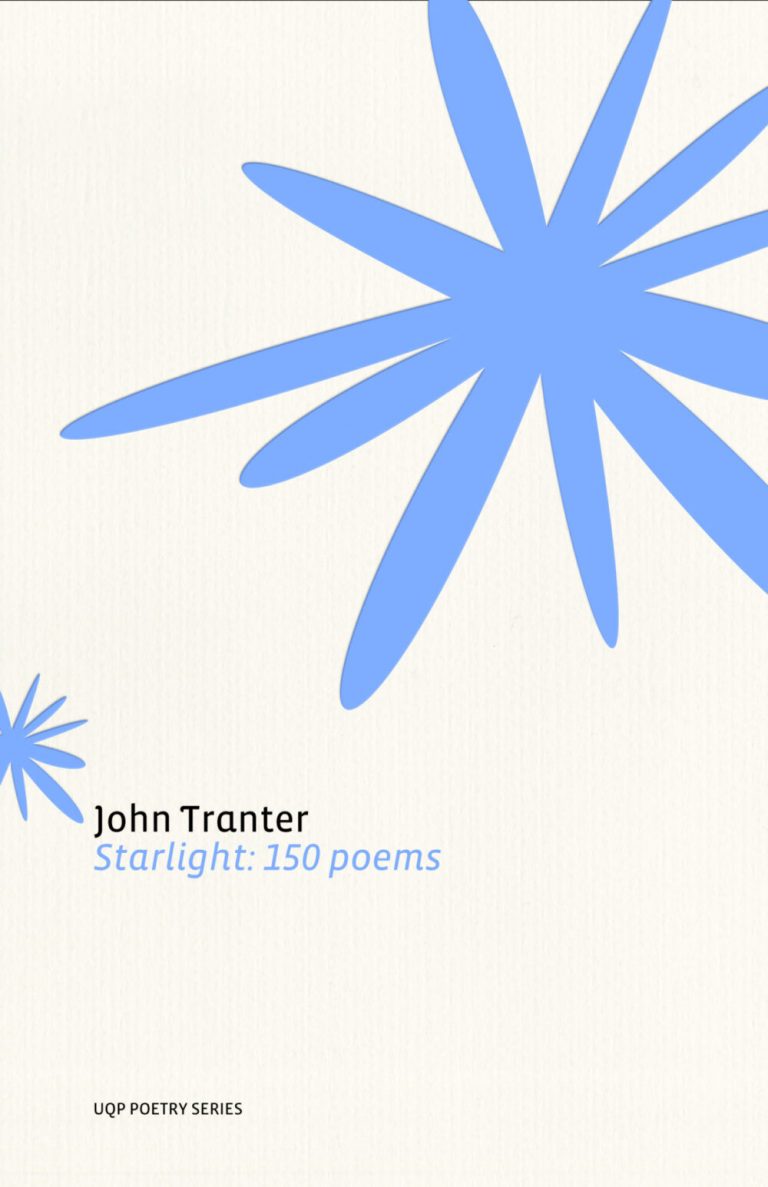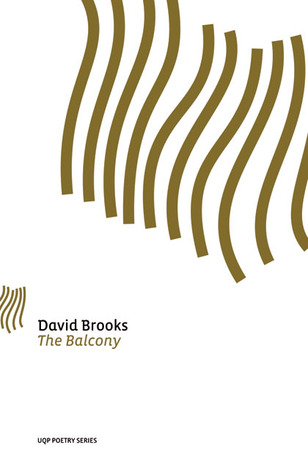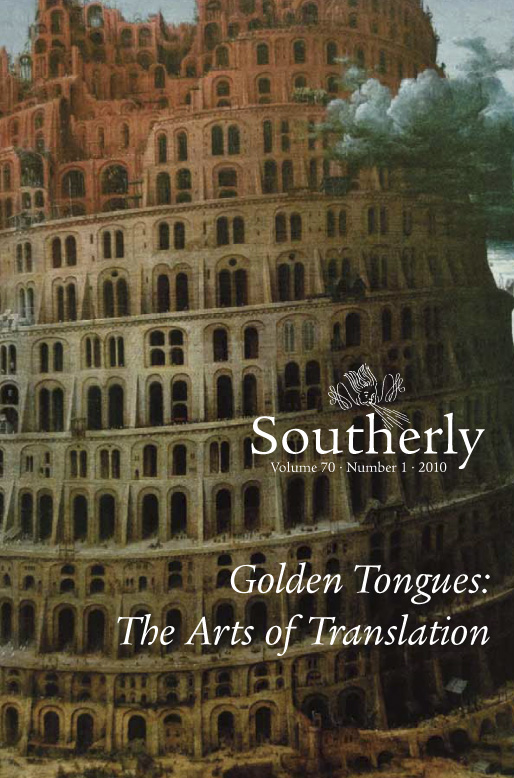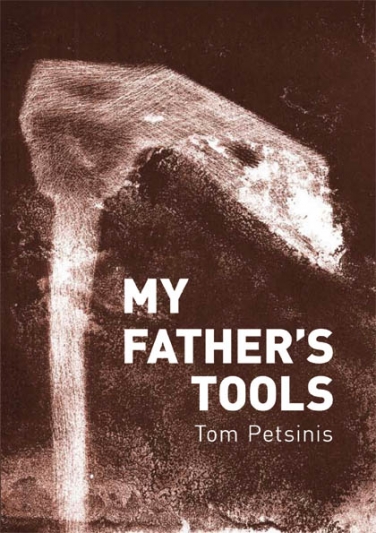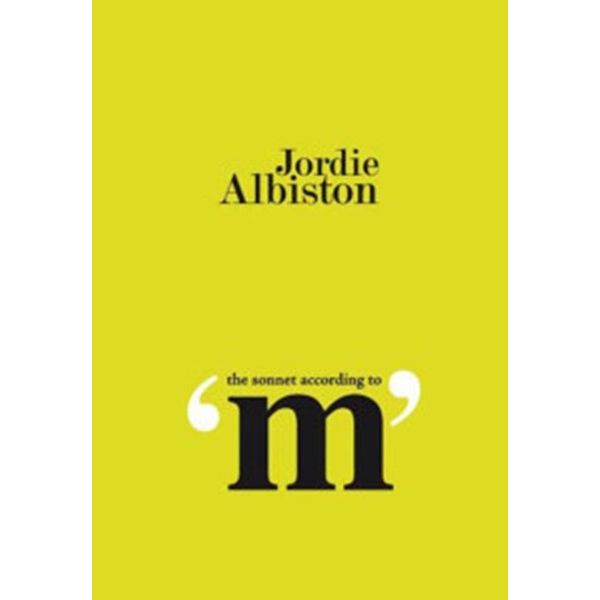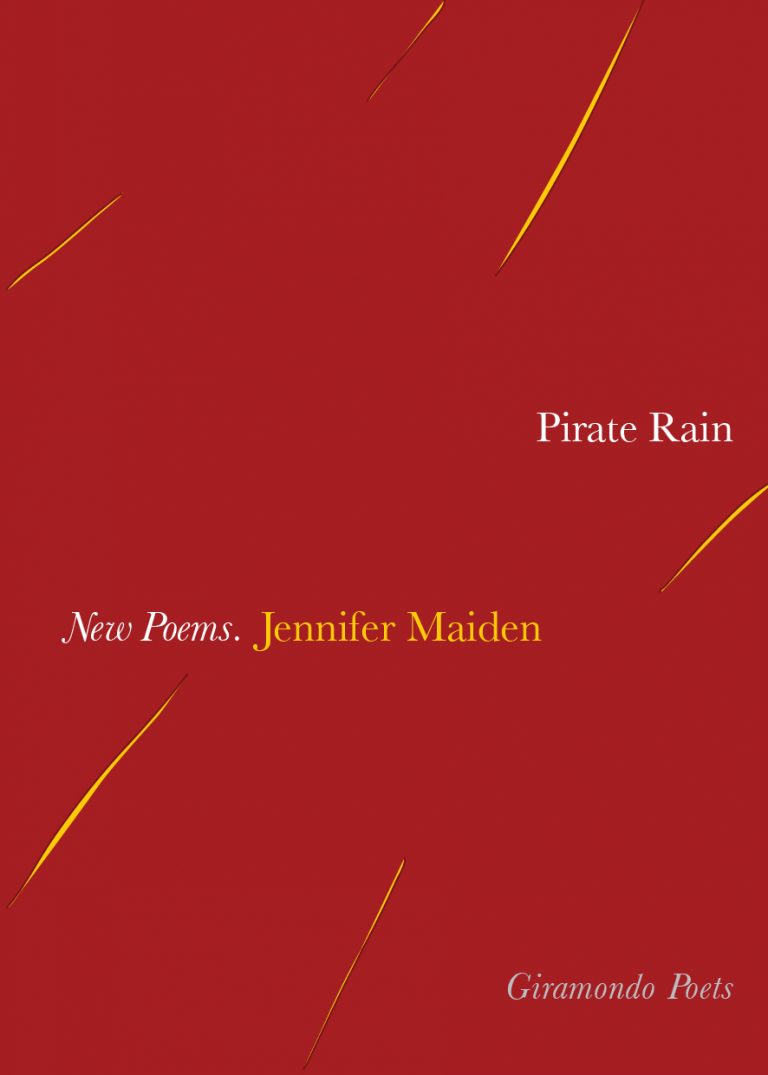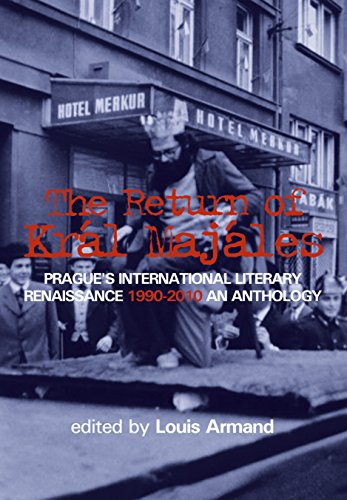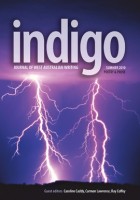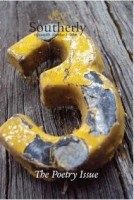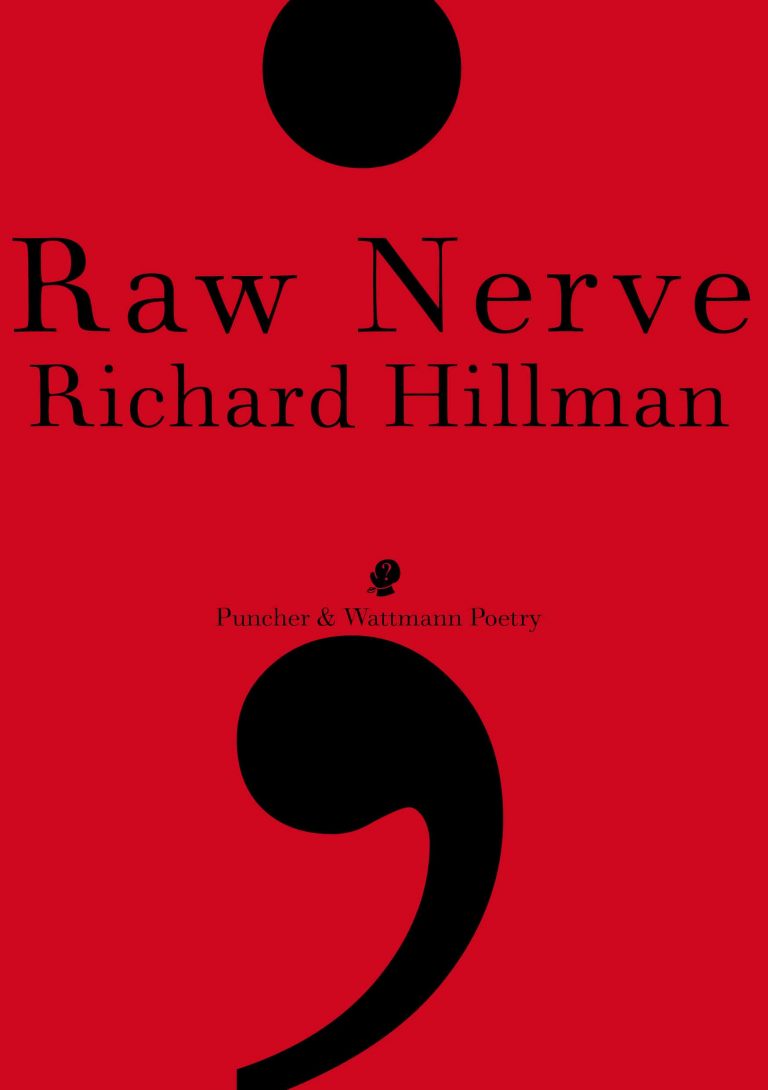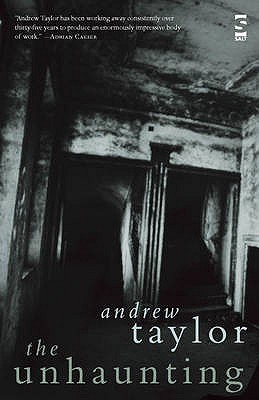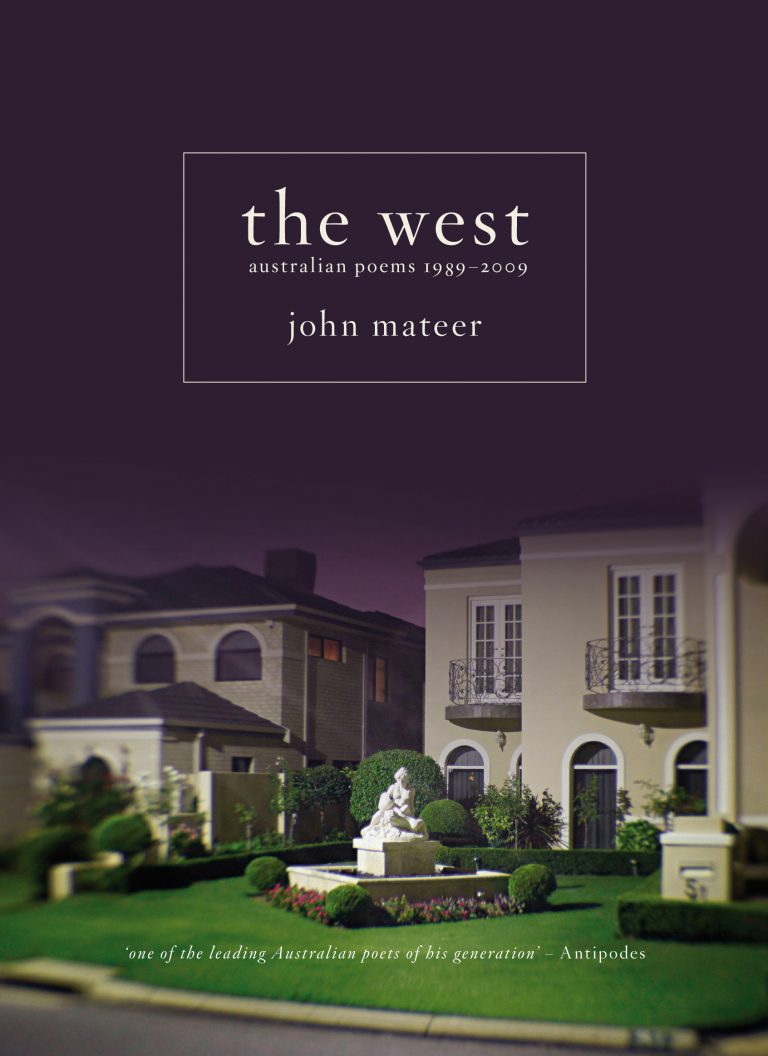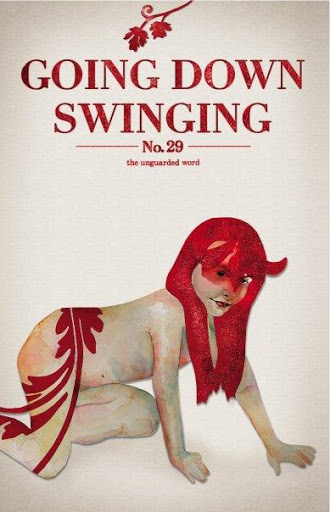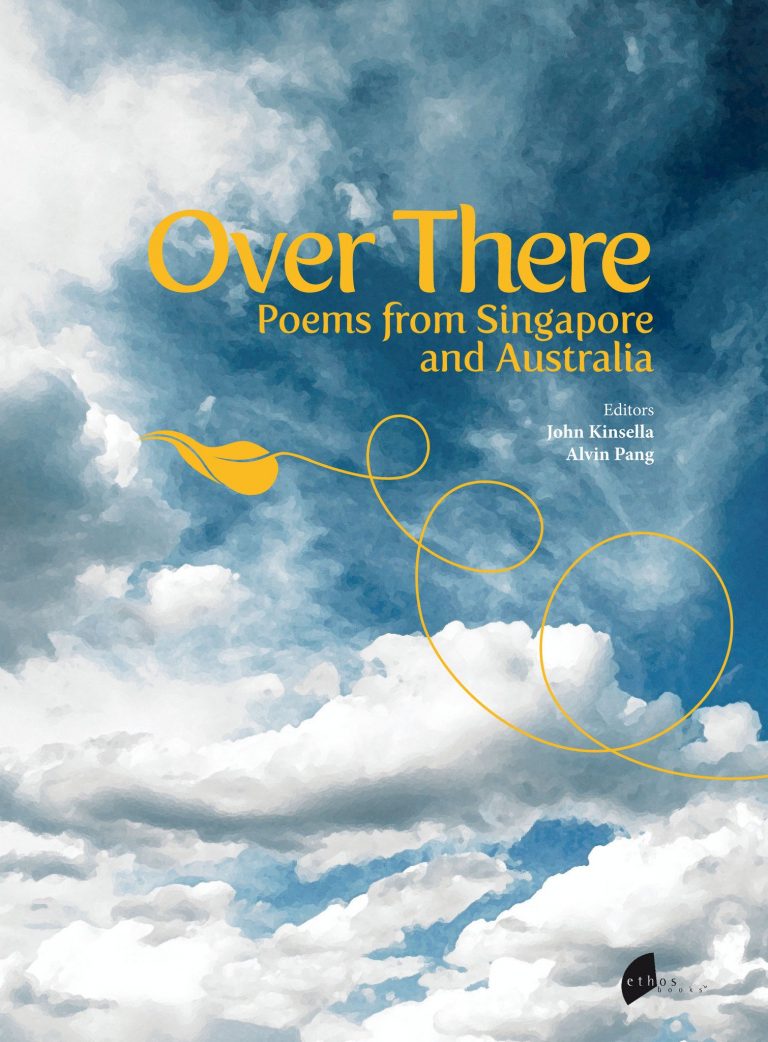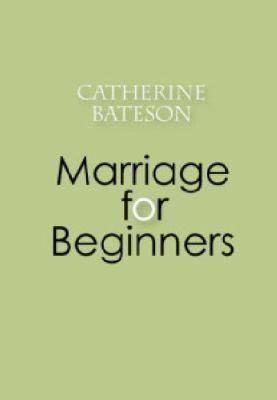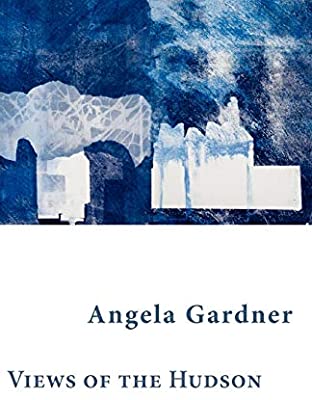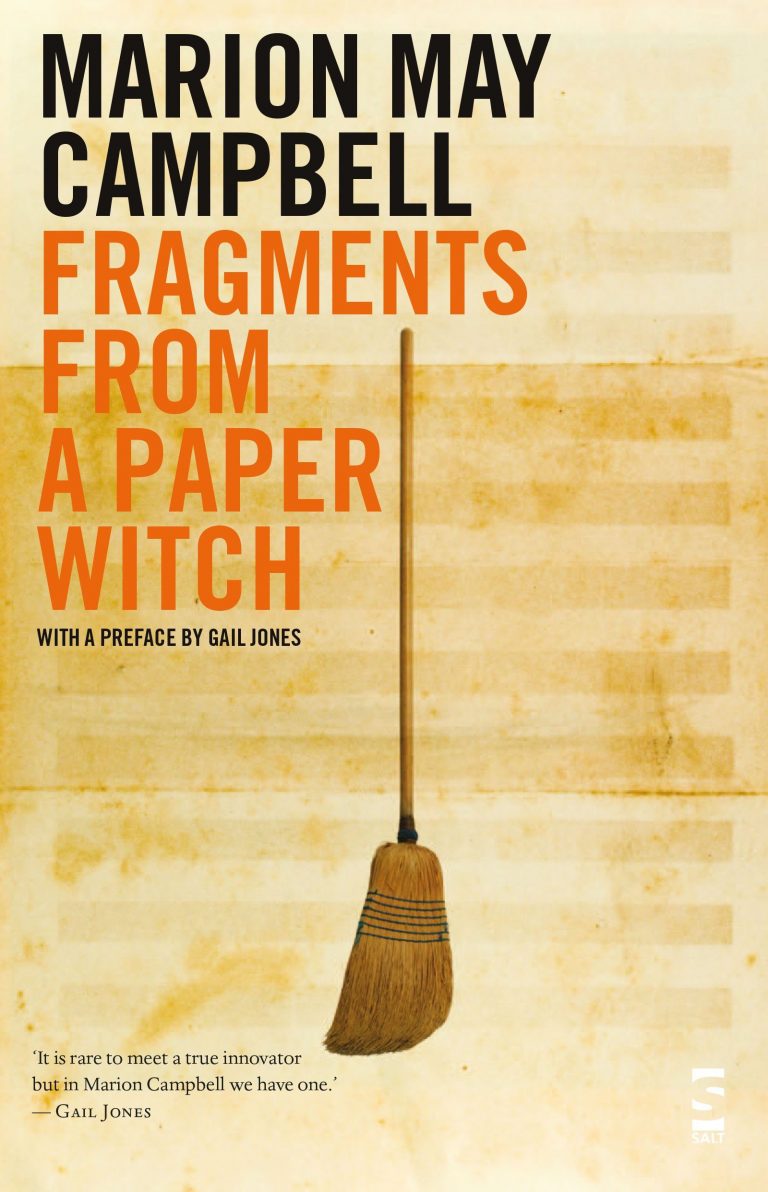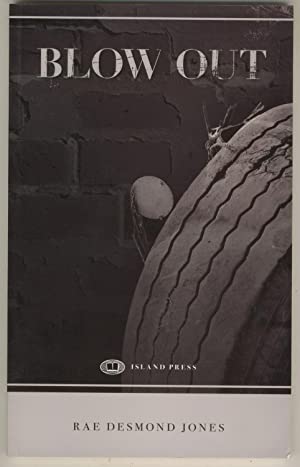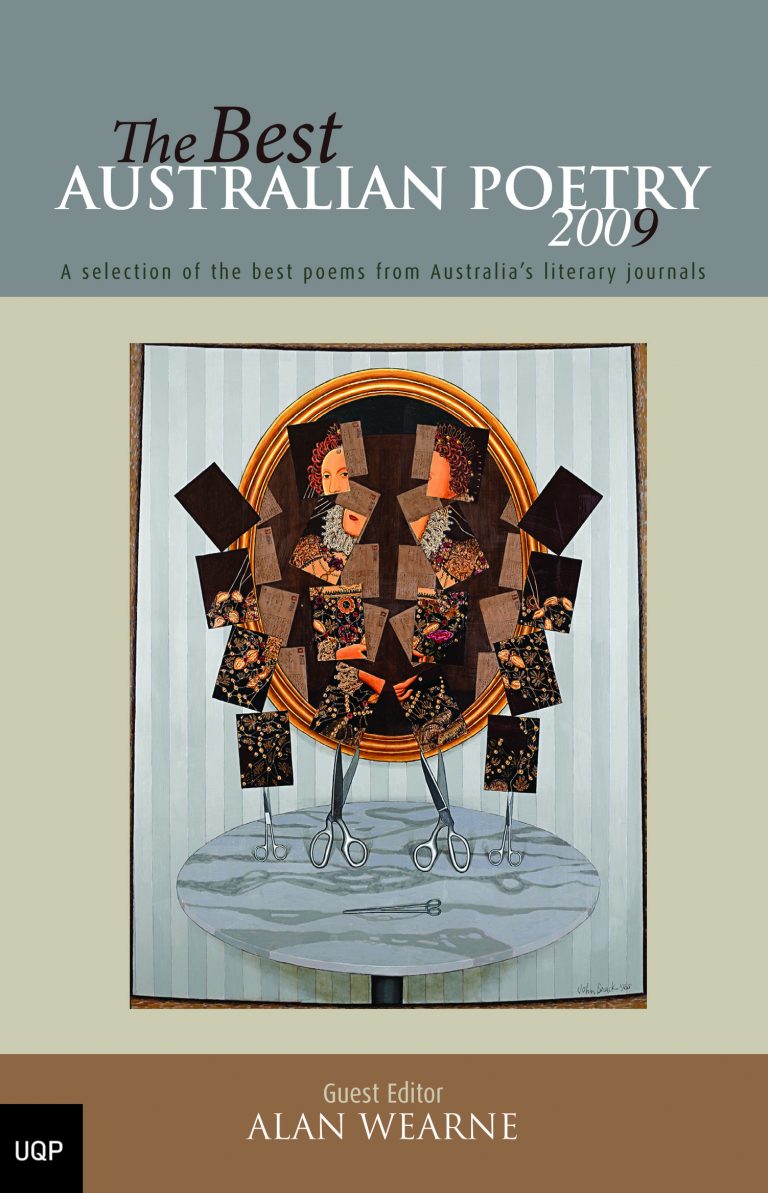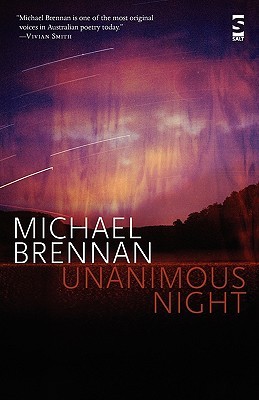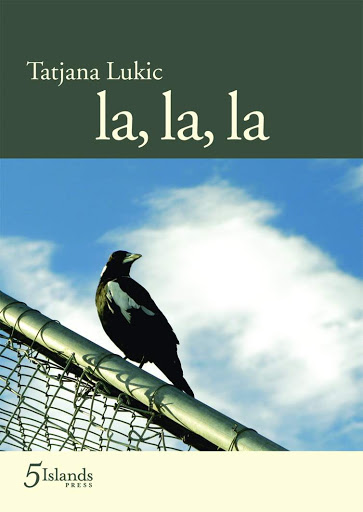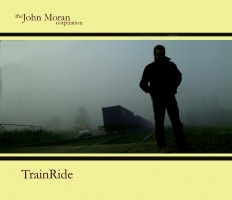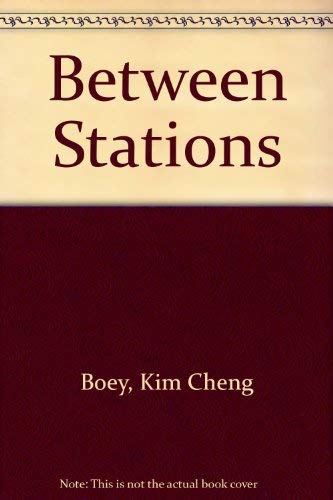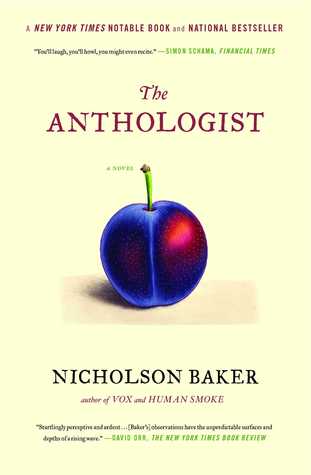BOOK REVIEWS
Corey Wakeling Reviews John Tranter
John Tranter has been publishing poetry for forty years, and his latest book is published in tandem with a critical companion to his oeuvre, The Salt Companion to John Tranter. As Rod Mengham writes in the companion’s preface, Tranter is “widely regarded by critics as the most important member of the so-called ‘generation of ‘68’”. This generation of poets was in fact named as such by Tranter himself.
Matt Hetherington Reviews David Brooks
In a review originally published in Heat #6, David Brooks praised Peter Boyle’s The Blue Cloud of Crying as being influenced by the tradition of Cante Jondo or deep song, and as being more accessible, recognisable, and emotionally engaged than most Australian poetry. He then went on to observe: “There has been something of a tradition of emotional reserve in Australian poetry.
Joel Scott Reviews Southerly
Faced with the considerable range of work in Southerly‘s Golden Tongues: The Arts of Translation issue, I have resorted to the what’s hot/what’s not school of literary criticism, identifying what were for me the ten most notable elements in the collection.
Loula Rodopoulos Reviews Tom Petsinis
I chose to review this book wondering how a poet could possibly shape poetic imagery from mundane work tools. Also aware of the multicultural background of Tom Petsinis’ work, I wondered whether he was able to forge something new from well-known and perhaps stereotypic perspectives of the migration experience.
Greg Westenberg Reviews Jordie Albiston
To read Jordie Albiston’s The sonnet according to ‘m’ is to play the part of the village agnostic watching the reliquary in the local saint’s procession. “In this form,” William Carlos Williams said of the sonnet, “perfection is basic.” As with the skilfully worked metal of the reliquary, the sonnet is perhaps a little white these days from infrequent dusting, yet it stands on a high shelf among the household gods of the Western Canon.
Nick Terrell Reviews Jennifer Maiden
Since Jennifer Maiden began publishing in the early 1970s, her work has been charged with a commitment to frame the ethical challenges presented by manifestations of evil. It’s a commitment that was stated plainly in the title of her second volume, The Problem of Evil.
Ryan Scott Reviews The Return of Král Majáles
This book positively brims. With words, with pictures, with experiments and experiences. At eight hundred pages plus, it is as a definitive testament to Prague’s so-called International Literary Renaissance. Apart from the prose and poetry, there are photos of those involved and an extensive bibliography of journals, zines and newspapers which have been published in Prague over the last two decades.
Zoe Deleuil Reviews Indigo
In the interview with Tim Winton in this issue of Indigo, the acclaimed author provides a valuable reminder: it’s all very well to go to literary parties and drink lattes with the top Eastern States editors, but writers must also write. And read, widely.
Heather Taylor-Johnson Reviews Southerly
The poets in this special poetry issue of Southerly stand for what is now, what is exciting/experimental and what is quality. But did Kate Lilley hand pick most of these poets, ensuring the issue would be tight, stylistically, and adhere to a chosen dogma? She does say in her intro that ‘Of the many poems that turned up in my inbox, already pre-selected by their authors, these are the ones that struck me most’.
Michael Farrell Reviews Richard Hillman
Richard Hillman’s new book has a compelling red cover. A giant black semi-colon portrays a synapse letting through the electrical signal of the poet and book to its readers. A brilliant design, but one hard to live up to. The poems in The Raw Nerve are, for the most part, of ordinary domestic life; a kind of poetry no easier than any other to realise.
Libby Hart Reviews Andrew Taylor
The Unhaunting is Andrew Taylor’s seventeenth book of poetry and comprises work written between 2003 and 2008. The collection is divided into five parts. The first, ‘The Importance of Waiting’, acts as a tidy introduction to the book’s themes of mortality, elusive truths and the environment, both as interior and exterior. Taylor begins with a vivid portrait of Perth’s suburban landscape where quiet concern spills over into the everyday.
Ali Alizadeh Reviews John Mateer
Since the publication of his startling first collection Burning Swans in 1989, John Mateer has established himself as one of the key Australian poets who, for the absence of a better term, can be broadly labelled post-Generation of ’68. What my clumsy terminology seeks to indicate is that Mateer (alongside other younger poets such as those appearing in the seminal 2000 anthology Calyx) follows in the general direction of earlier innovators while making crucial, although not necessarily generational, departures.
Anna Forsyth Reviews Going Down Swinging
This was my first full dip into the reputable journal Going Down Swinging and so I started with the index. It is not often that you find entries of such intriguing fragments as ‘shoot a harpoon into its golden centre' or ‘the dark play of your wet eyes'. The entries that drew me in the most were ‘terrorism, blah blah' and ‘would sever the possum's head'.
Siobhan Hodge Reviews Over There: Poems from Singapore and Australia
Over There: Poems from Singapore and Australia is ambitious. This anthology reads as a sample of more to come, rather than a clear achievement of the sizable task that it sets out in its introduction. Over There is not, as the title might initially suggest, a collection of travel poems, nor is it a comparison of different postcolonial reflections arising from Singapore and Australia.
Libby Hart Reviews Catherine Bateson
Marriage for Beginners is Catherine Bateson's fifth collection of poetry. As the title suggests, marriage, or more precisely the breakdown of the poet's first marriage, is a key component of this work. Bateson has structured the volume in three sections. Although the connections are not so obvious in the beginning, it soon becomes clear that these three individual parts unfold like a three act drama filled with an array of characters and conflict.
Libby Hart Reviews Angela Gardner
Angela Gardner's first collection of poetry, Parts of Speech, won the Arts Queensland Thomas Shapcott Poetry Prize for an unpublished manuscript in 2006 and was subsequently published a year later by University of Queensland Press. Views of the Hudson: A New York Book of Psalms is her second collection, although Gardner has published several books as a visual artist who also incorporates poetry with printmaking.
Aden Rolfe Reviews Marion May Campbell
Marion May Campbell's Fragments from a Paper Witch arrived not without anticipation. Despite the publication of four of her novels and the staging of several theatre works, this is her first collection, drawing together diverse works of poetry, prose poetry, fictocritical essay and performance writing.
Michael Farrell Reviews Rae Desmond Jones
Many of the poems in Rae Desmond Jones's Blow Out end with silence. This is effective in the poem ‘Witness', about a car accident, where ‘The policewoman leans in to press a button, / Then the street goes quiet'. (This poem also features the excellent verb ‘Bananas”.)
Ryan Scott Reviews The Best Australian Poetry 2009 and The Best Australian Poems 2009
If we seek a division in Australian poetry, we will not find it represented among the poems in these two anthologies. Wearne puts it adroitly in his introduction when he says about the Poetry Wars, ‘for all the legendary brouhaha it may have all happened at one party (and perhaps that's how the eventual movie will see it). If some of us played for different teams (and still may) remember the operative words are 'play' and 'teams'.
Ali Alizadeh Reviews Tatjana Lukic
With the success of novels and short story collections such as The Slap and The Boat, it seems multicultural writing is enjoying something of a revival in Australia. Yet poetry written by non-Anglo-Celtic Australians does not usually garner much recognition. It is the prose narratives of dislocation and cultural transition, and not poetry dealing with these themes, which are de rigueur.
Toby Davidson Reviews The John Moran Corperation
Since renowned works such as Kenneth Slessor's ‘The Night-Ride' and Judith Wright's ‘The Trains,' trains have been natural subjects and carriers of Australian poetry. TrainRide by John Moran and his small posse of musicians is very much off the train, stuck in the kind of gritty, gothic country town that transfixed Wright in her debut The Moving Image.
Nick Terrell Reviews Kim Cheng Boey
In 1997, Kim Cheng Boey's feelings of alienation from his homeland had reached critical mass. After years of watching the Singapore of his childhood succumb to ‘the cycle of tear and build that is the philosophy of progress,' he emigrated to Australia. Boey has had four collections of poetry published and won numerous awards. His early collections, Somewhere Bound (1989) and Another Place (1992), earned him high esteem in his homeland.
Ryan Scott Reviews Nicholson Baker
Paul Chowder, poet and narrator of Nicholson Baker's novel The Anthologist, is trying to write an introduction to his forthcoming anthology of poetry Only Rhyme. Unfortunately, he is unable to say exactly why rhyme is important, and so like anyone with a seemingly impossible task, he procrastinates.

